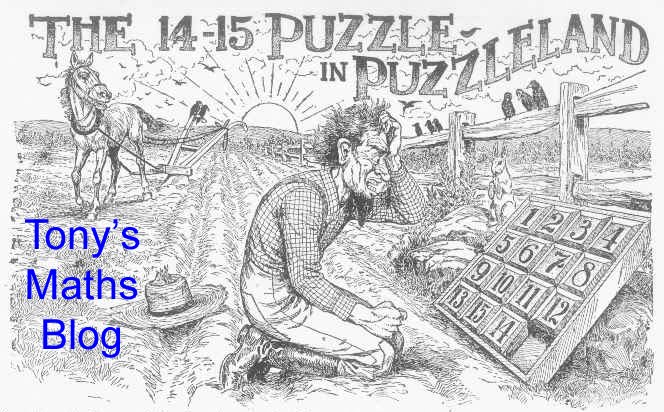I'm very much looking forward to John Barrow's forthcoming talk to the IMA London Branch. John is an excellent speaker whose talks are always entertaining and full of mathematical interest. (As are his books, whether they are on the mathematics of sport, or cosmology and the infinite.) His title is "Maths is everywhere". I have no idea what examples he will be referring to, but I am sure they are fascinating. The talk is on Tuesday October 23rd at University College, London: if you are in the area I strongly recommend it. Details are on the IMA website.
The title "Maths is everywhere" is absolutely true, and the variety of maths that we use daily never ceases to impress me. For example, in planning my journey to UCL next Tuesday I will be using graph theory (to plan my journey), statistics and probability (to allow for train delays), multi-objective optimisation (I want my route to be quick, convenient and cheap!). Quite apart from all the engineering mathematics that has gone into the building of London's transport infrastructure, there is the massive effort of timetabling of trains and tubes (one of our recent graduates works in scheduling in the railway industry). There is the mathematics of social networking which makes events like this possible, and the mathematics of weather forecasting which will help me make an informed decision as to whether I take an umbrella. There's the mathematics of optics, without which I would have enormous difficulty navigating London, so dependent am I on my spectacles. And the same mathematics will be used by the data projector which will project Professor Barrow's examples.
So mathematics certainly is everywhere. That impresses me, but, since at heart I am a pure mathematician, I don't really care too much. I still have an instinctive view that mathematics is about eternal truth, independent both of the physical world and of the human mind. Seventeen would be prime if no being with the ability to count had ever existed. Fermat's theorem that x^p and x have the same remainder when divided by p would be true in any universe that could possibly exist, regardless of the laws of physics. I am increasingly aware that this view is naive and probably untenable, but that's what my heart tells me. If there were no mathematicians, if there were no universe, mathematics would be no less true.
So mathematics is everywhere, but if there were nowhere for mathematics to be, it would still exist.

No comments:
Post a Comment